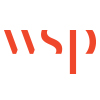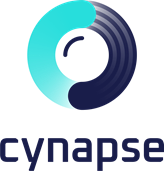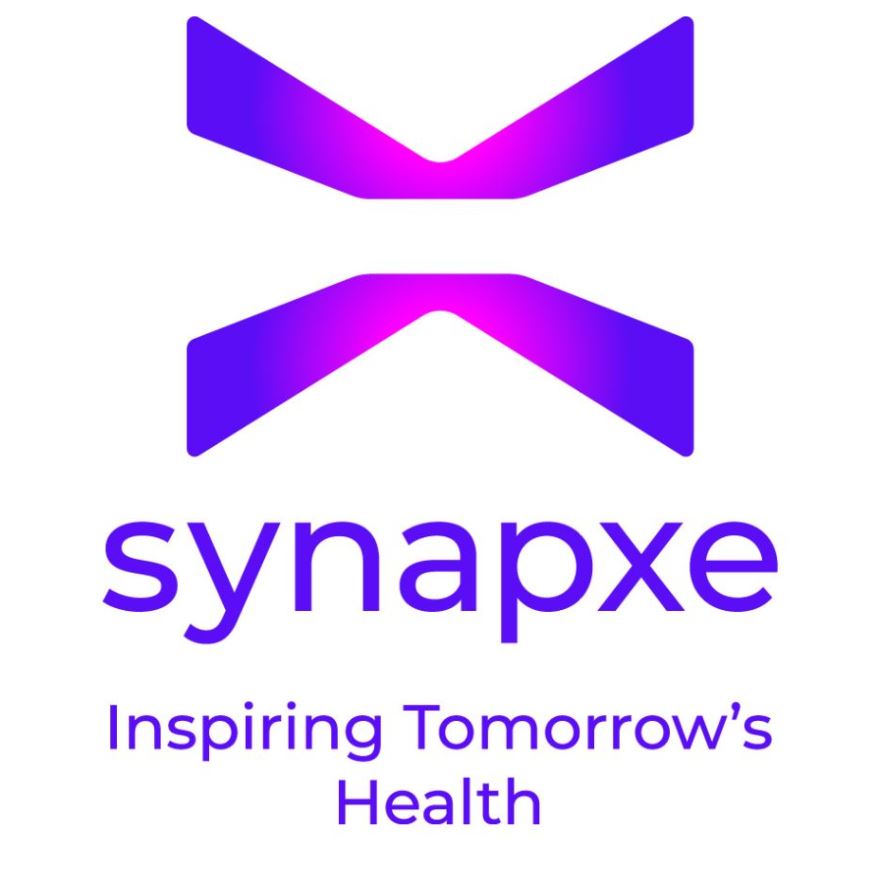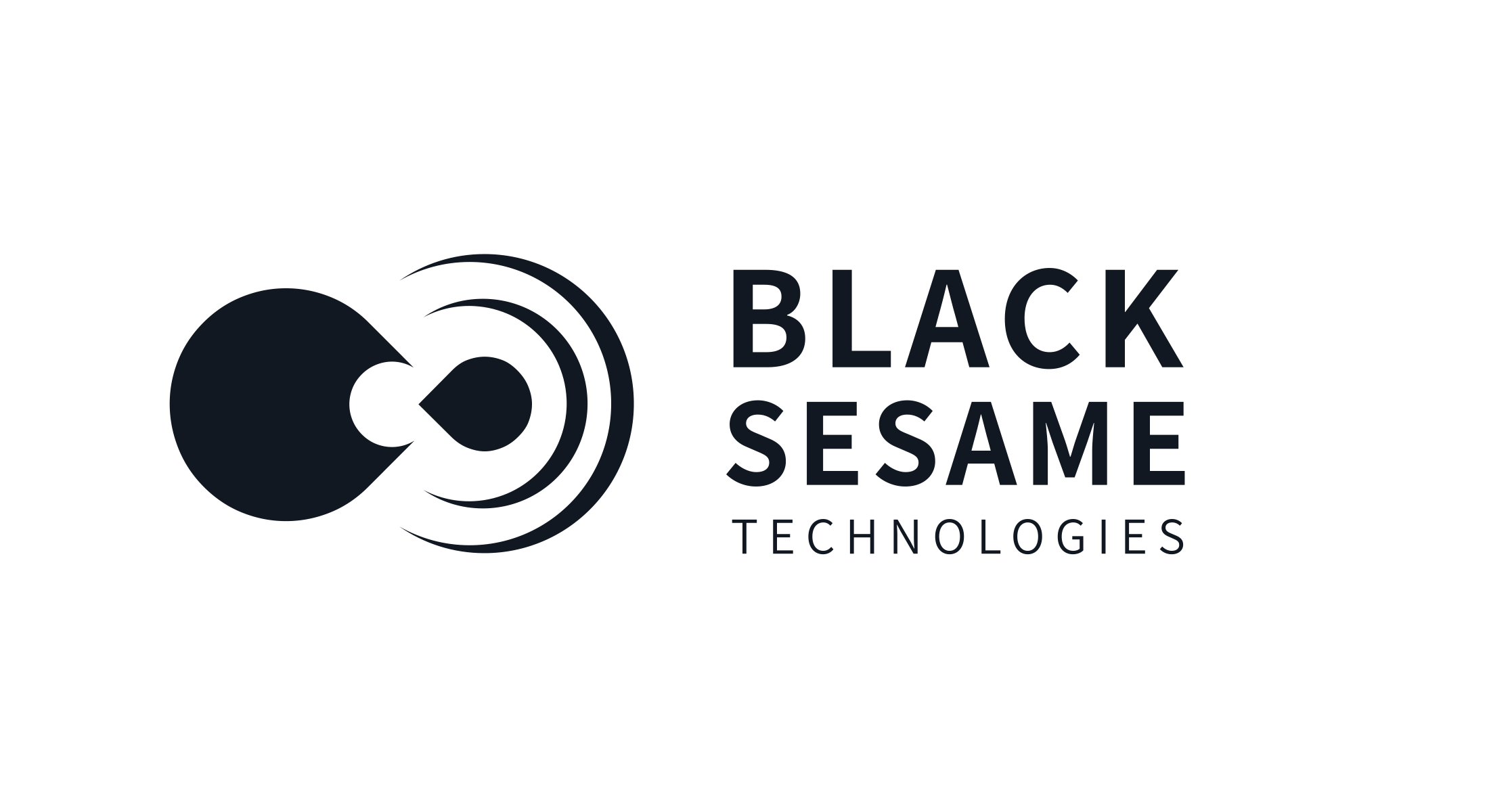About the role
We are looking for a LEAN Programming Engineer to take a hands-on implementation approach in designing, implementing, and optimizing our theorem-proving AI system. You will contribute to research and development of critical components of our AI architecture: (a) formalizing mathematical, scientific and engineering problems into a domain knowledge model and representation, and (b) independent validation of outputs via formal verification systems. The ideal candidate will have a strong background in functional programming languages, which we believe is the foundation for developing a logical reasoning AI system. We are especially interested in candidates who have worked in developing and using automated theorem provers, formal verification systems or applications, and symbolic computation/algebra systems extensively. A strong academic or research foundation in logic systems (higher/first-order logic, etc.) will be invaluable.
KEY RESPONSIBILITIES
▪Implement and optimize algorithms for automated theorem proving, including but not limited to, proof search, term rewriting, and logical inference.
▪Incorporate advanced mathematical concepts and formal methods into the design and development process.
▪Utilize knowledge of various logic systems and frameworks such as HOL, FOL, DL, Modal Logic, and Temporal Logic in algorithm development.
▪Leverage Computer Algebra Systems (CAS) such as Mathematica, Maple, SageMath, Maxima, or SymPy for symbolic computation and algebraic manipulation.
▪Collaborate with AI researchers and mathematicians, and other engineers to write good quality code and ensure seamless integration and interoperability of different system modules.
MUST-HAVE QUALIFICATIONS
▪Masters / Ph.D. in Computer Science or Mathematics (or Advanced Master’s degree)
▪2+ years experience in at least one of Lean, Coq, Agda, or Isabelle.
DESIRABLE SKILLS
▪Strong understanding of functional programming principles and paradigms.
▪Familiarity with automated theorem proving techniques and tools.
▪Knowledge of formal methods and formal verification.
▪Understanding of category theory, type theory, or other advanced mathematical concepts.
▪Familiarity with logic theories such as Higher-Order Logic (HOL), First-Order Logic (FOL), Description Logic (DL), Modal Logic, and Temporal Logic.
▪Understanding of algebraic structures and symbolic computation.
▪Experience with AI and machine learning frameworks is highly desirable.
▪Contributions to open-source projects in the functional programming, AI, or formal verification communities.
Hummingbird Bioscience is firmly committed to Equal Employment Opportunity (EEO) and to compliance with all Singapore and US federal, state and local laws and/or guidelines that prohibit employment discrimination on the basis of age, race, color, gender, sexual orientation, gender identity, ethnicity, national origin, citizenship, religion, genetic carrier status, disability, pregnancy, childbirth or related medical conditions, marital status, protected veteran status and other protected classifications.
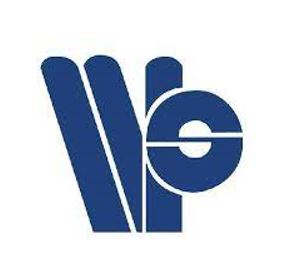

%20PTE.%20LTD..jpg)






